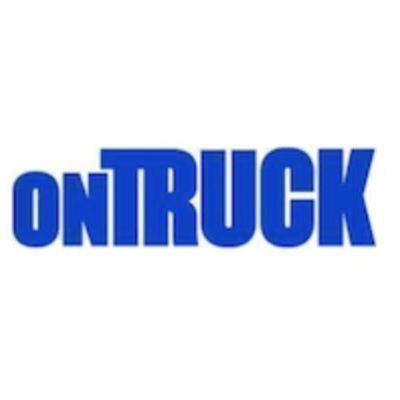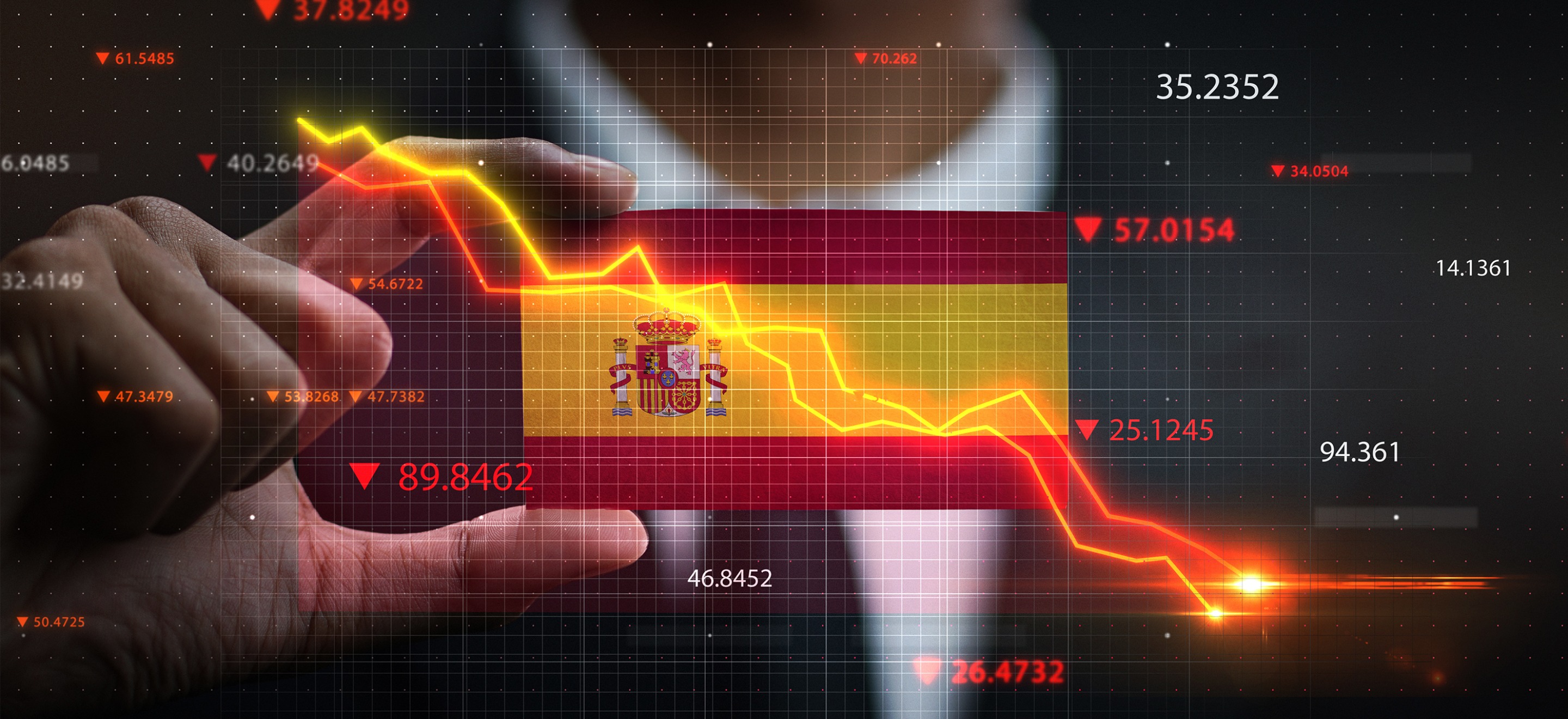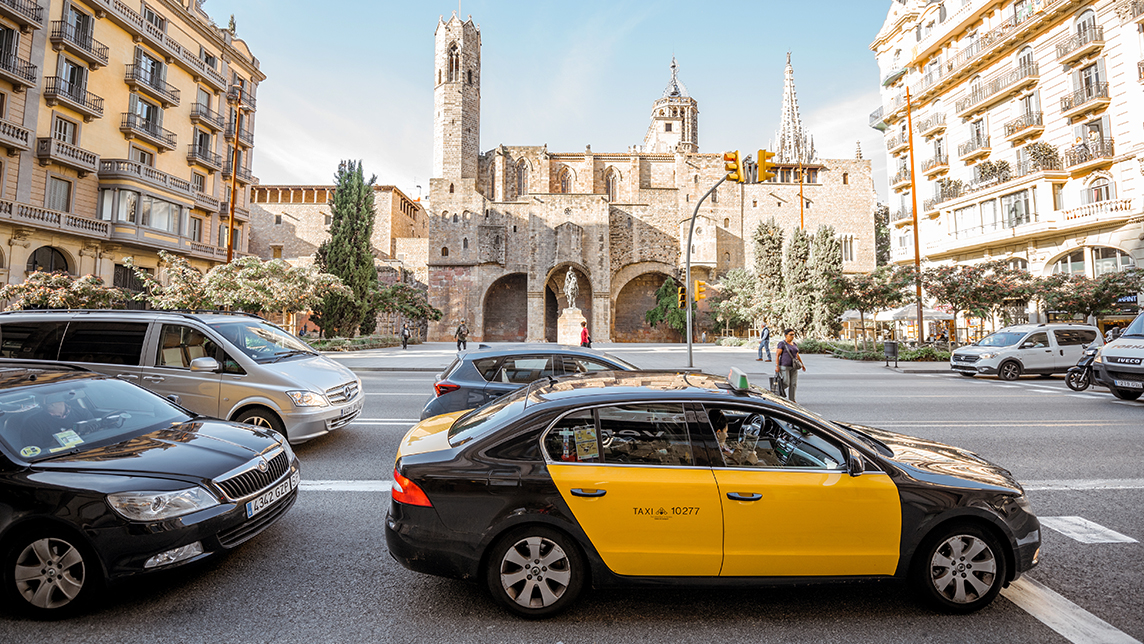With total funding of €54m to date, Ontruck continues to make inroads into the European trucking industry. Last month it raised €17m to support the continued growth of its green and sustainable freight transportation network in Europe, a goal it expects will be boosted by the entry of new investor, the Oil and Gas Climate Initiative (OGCI), which led the funding round.
The deal successfully closed in June despite supply chain disruptions and gloomy economic forecasts resulting from the Covid-19 pandemic. Comprising the 12 biggest companies of the oil and gas industry, including Shell, Repsol, Total and Saudi Aramco, the OGCI has a mandate to invest $1bn over 10 years from 2016 in projects that will help speed up the reduction of greenhouse emissions. Other investors that participated in the round included Endeavor Catalyst and Ontruck’s existing investors such as Cathay Innovation, Atomico, Idinvest Partners and Total Ventures.
Ontruck’s B2B logistics platform uses AI algorithms to optimize route and cargo planning based on variables including delivery times, success rates, incident percentages, the ratio of on-time deliveries and the type of carrier used. Data from its app tracking the locations of moving trucks in real time is also factored in. This allows drivers to accept on-demand requests to pick up extra cargo to fill up their vehicles en route, thus increasing income and reducing the carbon footprint of each trip.
About 40% of the total mileage in Europe are loss-making journeys of empty trucks and 44% industrywide – an average Ontruck has reduced to 19% in its business. The startup has created savings of 728,000 kgs of C02 emissions to date through optimizing cargo transportation.
CompassList recently interviewed Ontruck’s COO and co-founder Rika Christanto, where she expounded on the company’s plans for the new capital injection, and the opportunities and challenges it sees ahead.
This interview has been edited for length and clarity.
Ontruck has managed to raise funding at a critical moment. How long did it take to close the round? Were negotiations affected by the Covid-19 crisis?
The investment round actually started in 4Q 2019 so by the time Covid-19 broke out, the due diligence process was already underway. When Covid hit Europe, we were already in the process of closing the round.
I think our investors have confidence in the company. Our volumes dropped in Spain, France and Amsterdam, but they still chose to invest in us with no changes to the pre-money valuation.
Ontruck CEO and co-founder Iñigo Juantegui had said, “The potential to leverage our technology through OGCI members will accelerate our ability to build a new future for logistics in Europe”. Could you elaborate on that? How can Ontruck leverage its tech through OGCI?
The OGCI members are world-class in understanding the transportation market; they are major buyers of transportation companies along with the oil and gas that they produce. So, we are actually discussing with each member for potential partnerships, something similar to what we launched with Michelin, e.g., getting points for our drivers when they buy from these partners.
The second is also a big push toward sustainability and sustainable transportation. We can leverage the OGCI partners to raise awareness of the topic in much more impactful ways.
Ontruck has spoken about entering new markets. Is Europe your primary focus, or are you looking to expand to other regions?
Europe is our core. The only new market we are looking at right now is Germany. We have received queries from the US, South America, Asia and the UAE with opportunities to expand in those markets. But while it’s true that we’ve raised quite a big funding round, we are not a unicorn yet; we are still trying to take it step by step. We want to become profitable as a company and become the number one in the markets where we are today. And then, we can look into achieving global domination next.
Ontruck recently received the Lean & Green Award for achievements in the reduction of CO2 emissions. How do you calculate your CO2 emission savings? Are the figures verified by an external industry body or standard?
Using live GPS tracking and our app, we can track 80–90% of our trucks on the road and calculate the time and kilometers traveled when they are busy, and when they are empty, which is what we identified as pure waste. The CO2 emitted when the truck is running empty can be reduced by optimizing the routes.
The figures have been verified by the Lean & Green Award. As an industry body, they audit our calculations and data collected, and carry out an intense due diligence process. In some way the OGCI also had a very technical due diligence process; they have the relevant specialists in their team checking.
Our mid-term target is to become carbon neutral as a company. We started with ourselves first, doing a rough estimation of the carbon impact of each of our employees and trying to offset it with the impact of the trucks in our network. Longer term, we are trying to extrapolate the efficiency that we’ve been able to gain within our network, and what impact that could mean for the rest of the industry. That is, of course, our brand vision.
In April, we spoke to Ontruck’s CTO and co-founder Samuel Fuentes about how the company was coping during the Covid-19 crisis. He said Ontruck was no longer expecting to reach its ambitious targets this year as funding opportunities were reduced. "So, we'll have to find ways of extending the runway beyond fundraising,” he said. Has that changed since? What strategy and measures has Ontruck adopted to turn the situation around?
When Covid-19 hit Europe, we did look at different scenarios depending on how badly the business would have been impacted. We created three task forces. The first one was to focus on employees. We decided against temporary redundancy, i.e., not to do an ERTE. We thought it was part of our social responsibility as a company to support our employees because they have families to support, too.
The second task force we created was related to our products. We did a lot of market research, looking at long-term trends that are going to be impacted by the crisis. So, we reviewed our product strategy. We are currently in the process since some of these longer-term trends will probably become key accelerators.
The third task force we created was, of course, related to finance. We looked at our cost structures and we cut out whatever would not directly impact on our employees. For example, the gym benefits as gyms were closed anyway. We also looked into financing support given by governments.
One more thing we’ve done was the rolling out of new management and sales training programs, and quality management control systems. The kind of stuff we never had time for. We started and closed the process in June. We feel better prepared now.
In Spain, you have started to operate in the long-haul sector. Are you considering to reinforce and expand this part of the business to other markets?
The strategy around this is purely client-led. We started the long-haul because some of our big clients started asking for it. We have the technology and capabilities to do that, it’s not a significant additional investment from short-haul to long-haul.
Business in London and Paris have doubled every quarter. How much are you looking to grow this year considering global projections of recession, especially in Spain? How will this affect your forecasts for this year and the next?
The crisis has impacted our business in different markets and in different ways. In the UK, we’ve never stopped growing, so we haven’t been significantly impacted there. In France, we did see quite a slowdown but we are expecting to go back to usual volumes by June/July.
In Spain, we have similar projections. We saw growth picking up in 1Q and then the virus hit. Now we are seeing volumes back to where they were at the end of 1Q. The business plan we had has been only shifted out by three months.
Talking about lessons learned during Covid-19, where do you think Ontruck can improve? How have you managed to optimize your predictive algorithm in a period of such uncertainty and market instability?
I have to credit our data and analytics team for this, as they estimated the impact of coronavirus way back in January. We funnel in data, not only from external factors like seasonality, GDP growth, etc, but also from our internal sales pipelines, e.g., feedback from our general managers and our salespeople.
There are a lot of internal and external data points coming in. We looked at the trends that were happening in the markets impacted by Covid-19, way before Spain and the UK were hit. And we also looked at how these correlated with the industry's growth.
With Covid-19, many businesses have found their forecasts and calculations going out of the window. Many sectors have been disrupted. What are the major changes that you have seen so far? Do you think such changes are temporary, or are they here to stay? How do you think the freight industry will be affected in the medium or even long-term?
One of the key trends we saw is the diversification of the supply chains. Many companies realized that if you have only a few transportation providers, during a crisis your business will get very disrupted. Diversifying the providers you have and making sure they have quality are definitely the biggest trends we’ve observed when we talk to our clients.
Another trend is the acceleration toward digitalization, not only because it is more efficient but also because of safety measures. For example, having to trade using paper documents is not so hygienic these days. I think digital documentation is going to be a bigger push, with bigger acceptances and adoption across industries.
Also, another thing related to digitalization is that we've always been digital-first. Therefore, when the crisis hit, we were all flexible to work remotely. But that was not true for other logistics companies. Having that flexibility and the technology tools to ensure that your transportation and flow isn’t disrupted are key factors.
Last but not least, the increase in awareness about the importance of sustainability and transparency in companies’ environmental footprints. I don’t think that all of a sudden, companies are going to accept much higher rates just because we are using more efficient vehicles. But I think there is much more greener awareness in the industry.


















